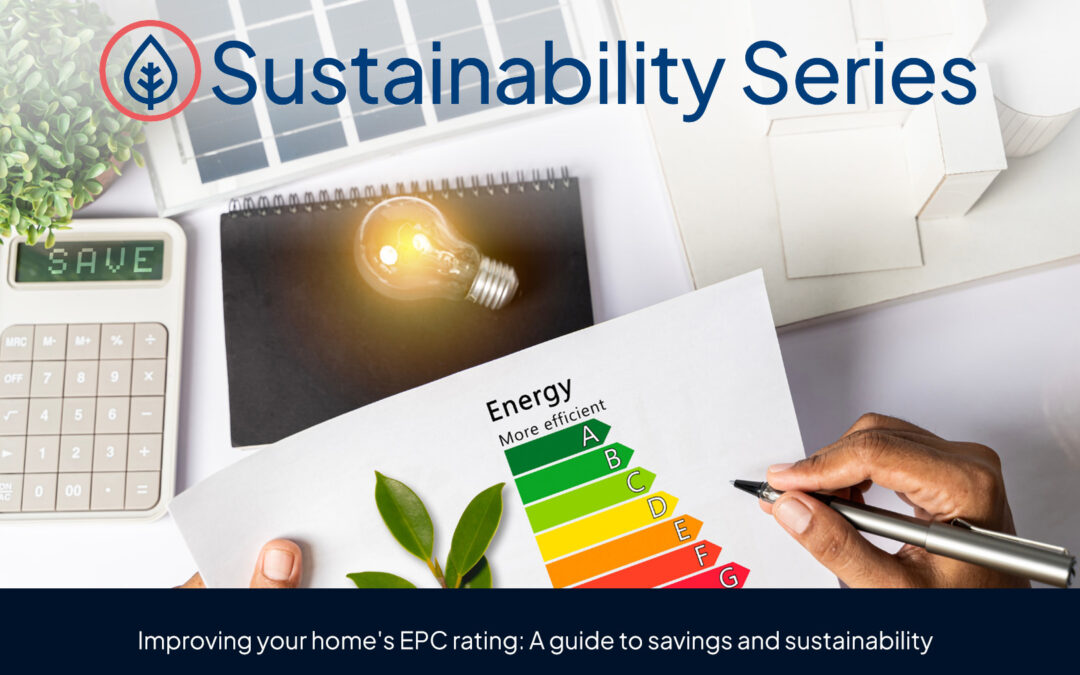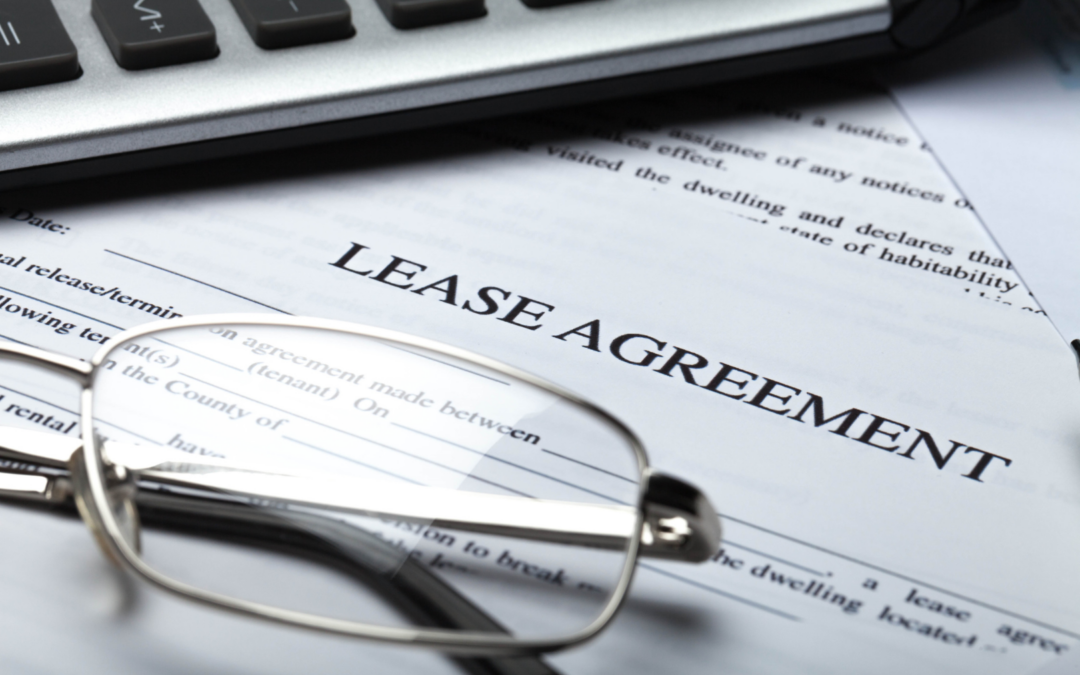If you’re about to the start the process of purchasing your next property but aren’t sure where to start, our new home moving podcast is here to help.
Following the release of the first episode of OnTheMove, which explained the moving process in a Moving 101, we break down the practical steps to ensuring you’re prepared to purchase your next home.
1. Get multiple valuations of your current property
If you have a property to sell, make sure you get a valuation of your current home from an experienced agent to get an idea of what your property’s worth and what you might be able to afford for your onward purchase.
It’s best practice to invite several agents to value your home so you can compare and get the best idea of its worth before instructing an agent to sell your home for you. To start off with, you can get an instant online valuation of your property in a matter of minutes using our handy tool for a rough idea before contacting a recommended local agent to take an in-depth look at your property for you.
2. Instruct an agent, solicitor and mortgage broker
Once you’ve decided you want to move home, it’s important to register with an estate agent as early as possible.
Make sure you ask them the right questions from the outset. If you have a property to sell, ask about their marketing strategies and if they have a plan A, B and C for selling your property. Find out how they motivate applicants and ask them for their view on the market. Perhaps most importantly, ask how they’ll get you the best net result and how they’ll deal with any issues such as challenges that might appear in surveys in the lead up to exchange of contracts.
Having these conversations early and getting a good understanding of your agent’s skillset will allow you to make sure you’re all on the same page and will alleviate any stress that may come later on should difficulties arise.
As a buyer, registering with an agent early will help you build a strong relationship with them and get the ball rolling. Your agent will be able to better understand your needs and wants to find the perfect home for you, and as agents have large databases of contacts, they may even be able to match you with a property that ticks all the boxes before you even get started with your search.
When buying a home, you’ll likely need a mortgage to fund your purchase. A mortgage broker will help you understand your affordability and will give you guidance on how to secure your loan. We’ll touch more on this a little later, but having a good mortgage broker in your corner will help make navigating your finances a lot smoother.
During the moving process, a solicitor will look after all the legal bits and oversee the conveyancing process for you. Your estate agent may recommend a solicitor for you, but if you’ll be choosing your own, much like an agent, it’s worth instructing your solicitor as early as possible. This will help avoid delays and complete the final parts of your purchase efficiently.
Having a good agent, solicitor and mortgage broker in your corner will help make the process as easy to manage as possible. This is true in any case, but if you’ve never moved before, it’s understandable that you won’t know what you don’t know, so having a team of experts around you to guide and support you throughout the process will make the journey a lot less daunting.
3. Get a mortgage Agreement In Principle
When purchasing a property, organising your finances is key.
Before you start looking at properties you might want to buy, make sure you’ve got a mortgage Agreement in Principle in place as without one, you may start looking at properties that are too expensive or you might not even be looking at the right section of properties if you’re able to afford more than you think.
A mortgage Agreement in Principle, or AIP, is a quick overview from a lender that they think you are, or aren’t, a good risk to lend to. A lender will look at basic information that you’ll have supplied and will run through your credit score and your earnings to give you an idea of what they’re prepared to lend you.
An AIP is in no way a promise, an offer, or a contract, but based on the information provided and the type of property you want to purchase, it’s an idea of how much a lender would be able to lend you for your mortgage.
As well as giving you an idea of what you may be able to afford, a mortgage AIP will show agents that you’re a pre-qualified applicant so it’s worth having one in place when you come to start viewing properties as it’ll show both agents and sellers that you’re a serious candidate.
When you come to organise your mortgage AIP, make sure you understand your income as well as your outgoings. Have a clear list of your needs and wants as far as your outgoings are concerned and clean up your bank statements to create the best possible picture for lenders.
Your mortgage broker will help you get your ducks in a row in preparation for organising your loan, but it’s worth being aware of some of the basic paperwork and documentation you’ll need to have to hand when starting the process. Every lender will want cast iron proof of your income. If you’re PAYE this will come from your last three months consecutive pay slips. On the other hand, if you’re self-employed, if you’re a limited company director, lenders would need to see your salary and dividends and your share of net profit. You’ll also need to have at least two years of trading with corresponding accounts and tax year overviews and SA302s. If you’re a sole trader, you’d need to show at least two years of SA302s and tax year overviews detailing how much you’ve generated from that self-employment.
For a complete Moving 101 and more details on what we’ve covered in this post, you can listen to the full first episode of OnTheMove here.
Content provided by OnTheMarket.com is for information purposes only. Independent and professional advice should be taken before buying, selling, letting or renting property, or buying financial products.






